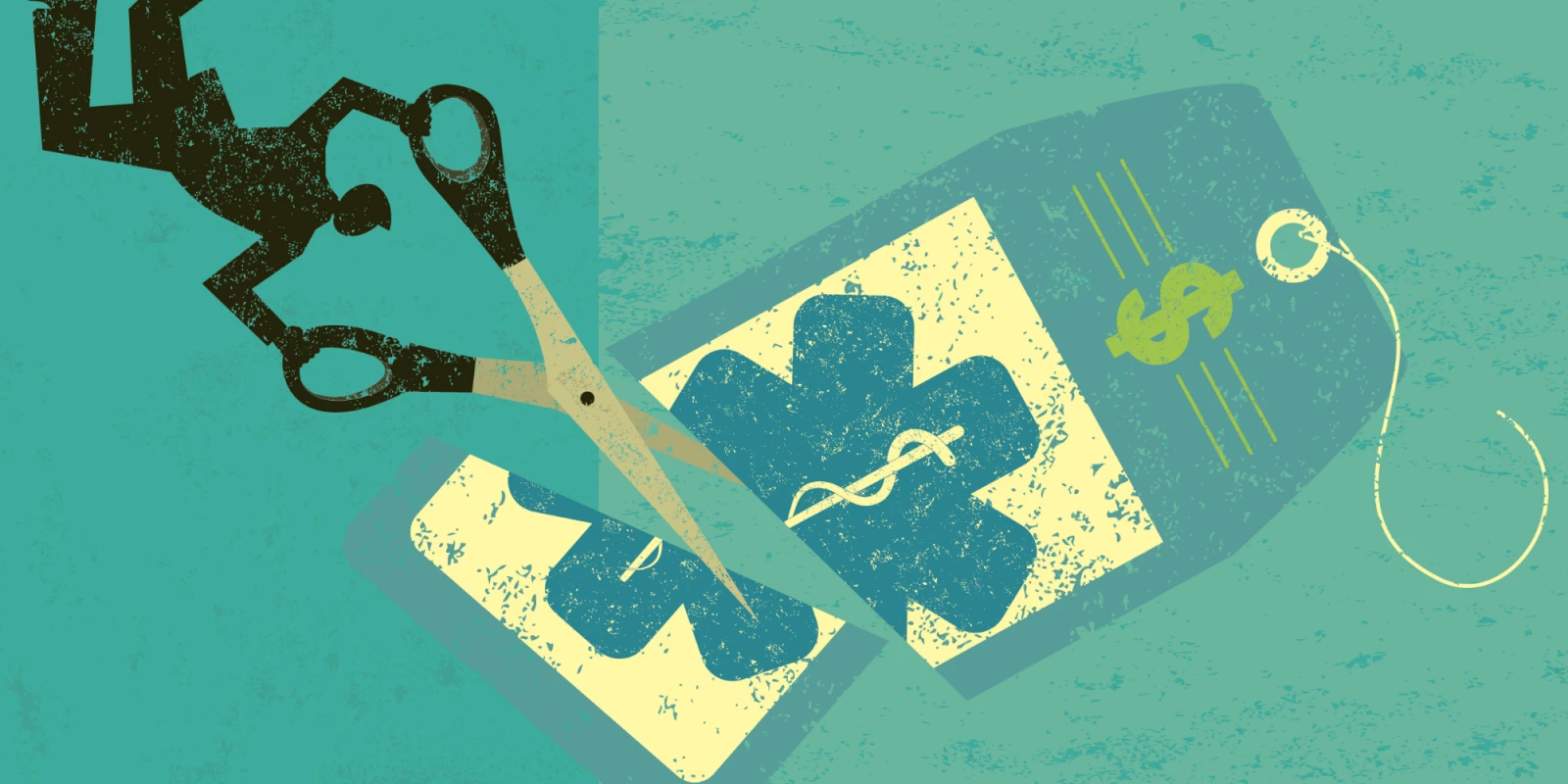
In the past three months, as I’ve launched into the world of direct pay medicine, and as I negotiate transparent pricing for my patients, I’m dismayed by the status of health insurance in America.
This year I have had so many infuriating personal experiences. Tamiflu when my daughter had the flu: $75 per person with insurance, $45 per person paying cash (I saved $150 in one day knowing this fact and by being stubborn enough to force the pharmacist to run it without insurance).
I found out my mom had been paying over $40 per month for years for a medication that is $12 cash.
My daughter’s chest X-ray ordered by her pediatrician at a hospital-based imaging center — $360 with insurance. If we’d paid cash $160. Cash at a non-hospital imaging center could be as low as $35.
My MRI brain with contrast for migraines was $1000 with insurance, $650 cash.
An in-office procedure for my husband in cash was $800 in one visit. If we paid with insurance, this is what our option was, “You’ll need two visits and we cannot tell you what it will cost until after you have it done, and since you have not met your deductible it may be more expensive.”
This is just one family’s experience over three months.
Seriously, what is this?
As a physician in training, I was shielded from the cost of medical care. The focus was on medical knowledge with this veil over the cost part. The sentiment was that even thinking about money was unethical. The prevailing thought was, everyone should be offered the same care regardless of cost or socioeconomic standing, so why should we even know about or consider cost?
After a few years in practice, I think this thought process is unethical. The cost of our orders falls directly on our trusting patients after they are far from our care, and sometimes on our taxpayers.
We have been intentionally shielded from cost by ourselves, administrators and insurance companies. I know most physicians would hesitate to order skin cream that would cost $200 out of pocket – I know this because my dermatologist rescinded her order when it happened to me. If we knew pricing, we would order much less.
One in three procedures performed in the United States is unnecessary. Physicians are ordering useless labs all the time. How many physicians order a battery of the same tests on every patient that walks through their door without consideration of that patient’s individual needs? From my clinical experience, I would venture to say most. Every time I see this, I think have we given up our training and skills.
In private practice, I learned quickly that finding out the actual cost of a test or service with insurance is impossible. Physician reimbursement? Even more murky. No other industry would be allowed to operate this way. The insurance industry needs to be held accountable for its complete lack of transparency.
As physicians, we have the responsibility to advocate for ourselves and our patients by speaking up. I understand the complexity of these issues — physicians feel powerless and are so inundated with patient care and paperwork that this is not our immediate priority. However — it should be. Cost is a major part of ethical practice.
I recently started a practice focused on coaching patients on lifestyle to prevent, manage and reverse chronic disease. When I spoke to an established nephrologist about this, he asked, “What are you going to do if you teach a patient so well that they no longer need you?” He was questioning my business model. What? Do some of us actually want to keep patients sick? What a disgrace.
The industry has led patients to believe that more testing is better in order to pad its pockets. With all the unnecessary expensive, painful, and confusing testing, the health of our population has declined and health care costs have skyrocketed. We are all paying the financial, emotional and social price of greed. Physicians have given up the joy of treating patients as individuals, giving up our power and money to administrators.
It is up to us to bring medicine back, to keep bright minds in the game, and to make our citizens healthier.
I propose we start educating ourselves. Start looking at cash prices for studies, negotiate them for your patients, look up GoodRx when you prescribe, consider direct primary care, look into cost sharing programs like Sedera and advocate for yourself and your patients.
Arti Thangudu, MD, is an endocrinologist and a 2018–2019 Doximity Author. She specializes in Endocrinology, Diabetes, and Metabolism and is a mom of two beautiful kiddos under three! She has started her own lifestyle and preventative medicine clinic called Complete Medicine in San Antonio. She has also contributed to Medscape and KevinMD. Outside of work, Dr. Thangudu enjoys traveling, cooking, and spending time with her husband and two children.







